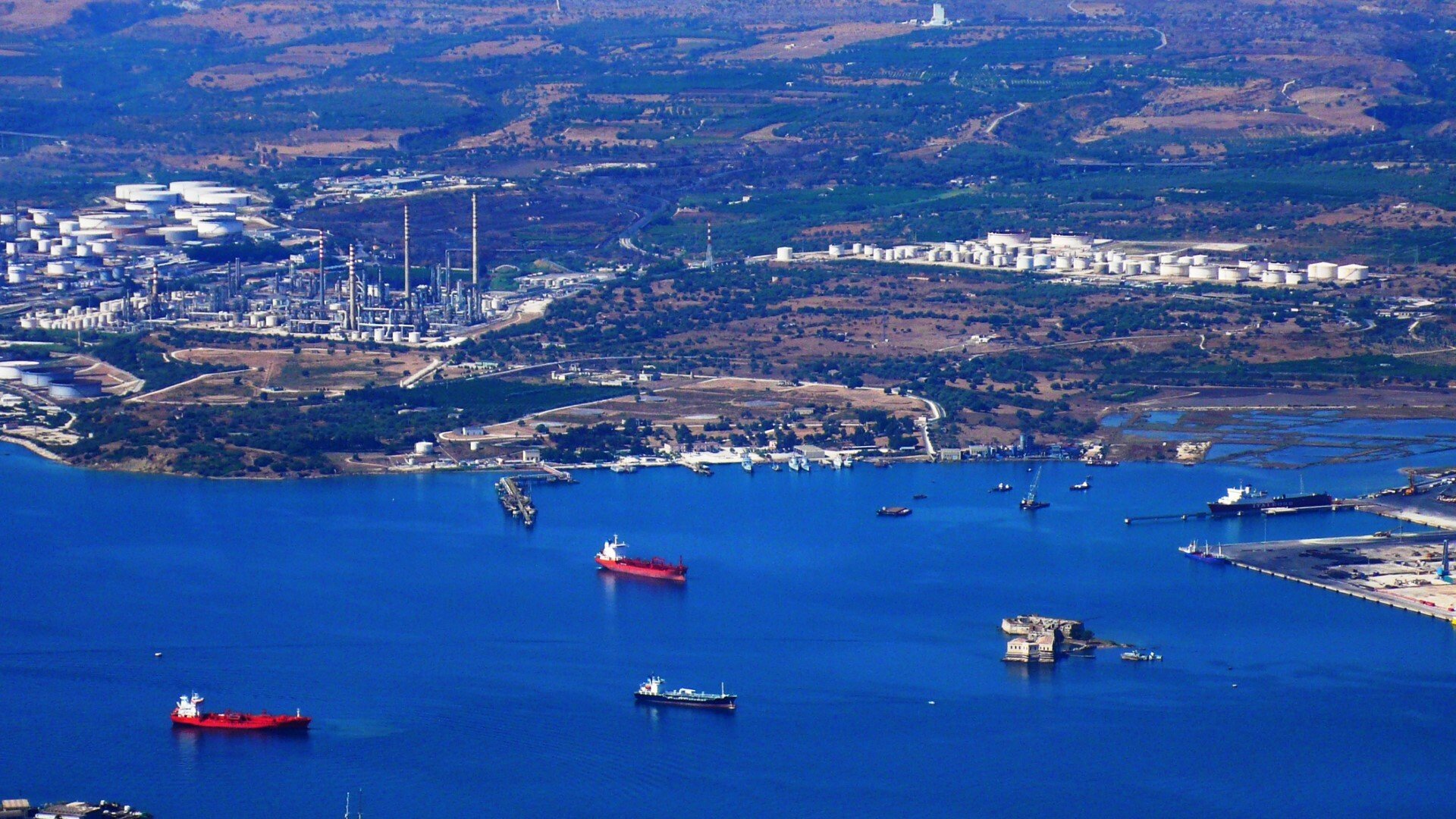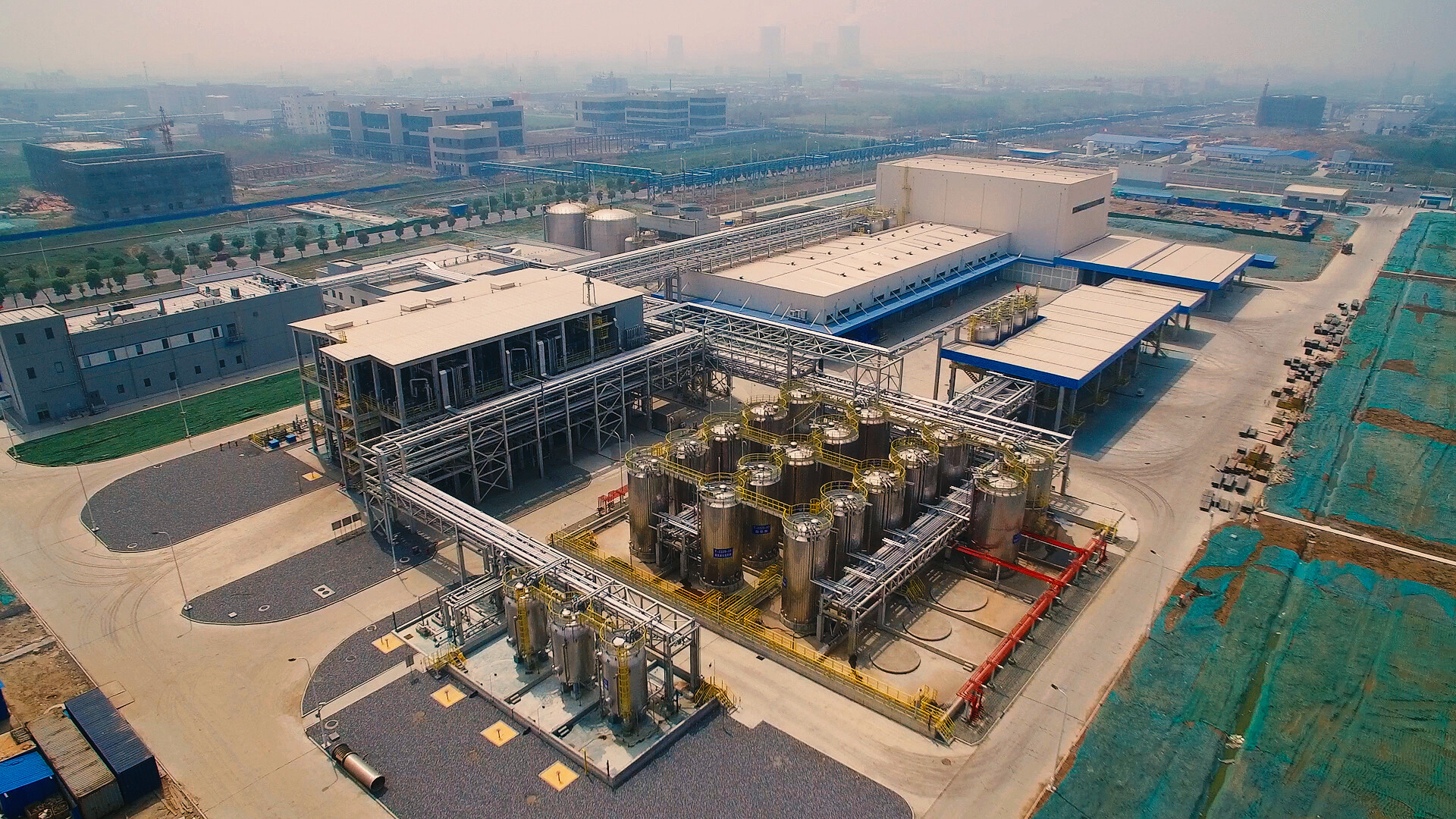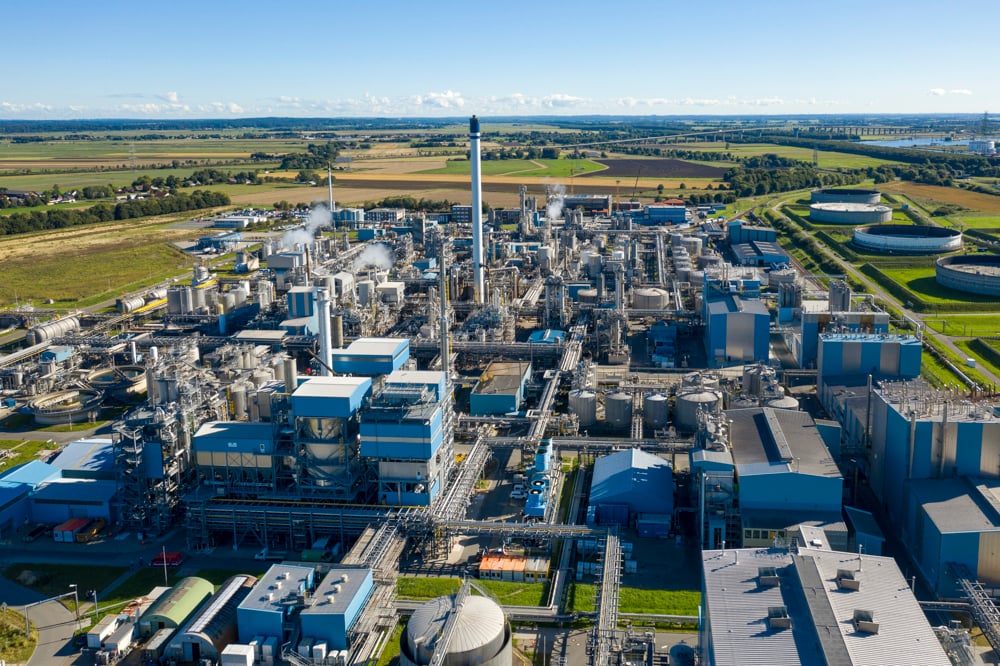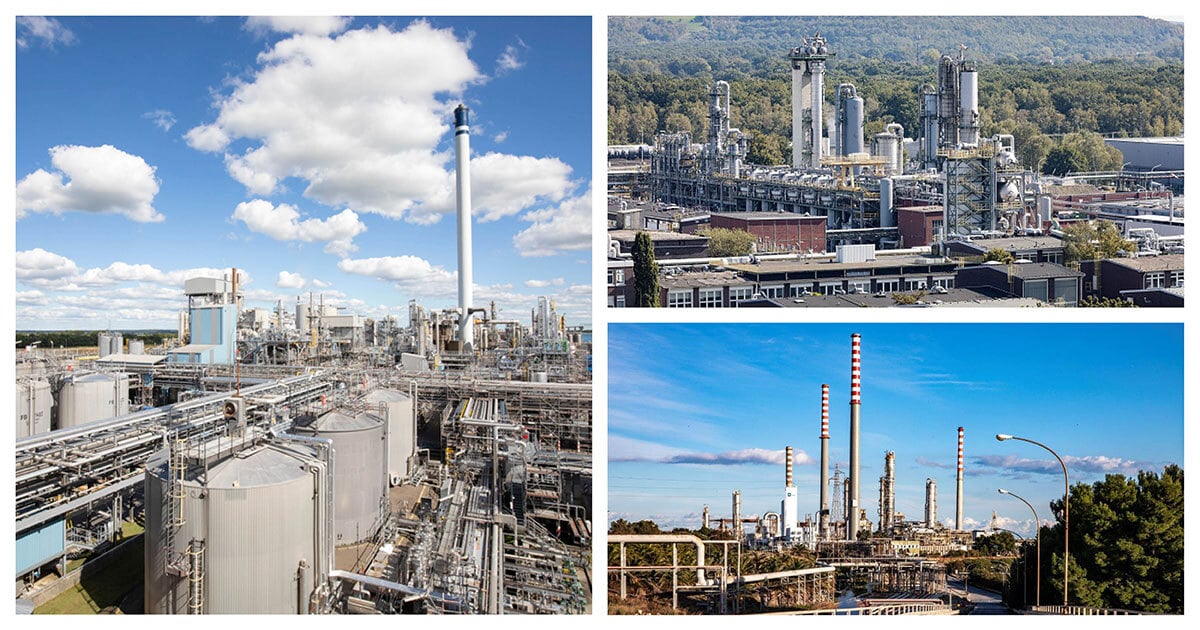Sasol Chemicals Eurasia Advances on Sustainability Roadmap
25 May 2023
Germany

Sasol Chemicals Eurasia continues to make significant progress toward improving its sustainability.
The company is following a carefully crafted roadmap to transform its business model and achieve a 30% reduction in greenhouse gas emissions by 2030. One of the most successful strategies has been collaboration between purchasing, technical and operations teams in German and Italy to finalise power purchase agreements (PPAs) with external suppliers of solar and wind energy.

For example:
- More than 40 kilo-tonnes of CO2 emissions will be saved in Italy alone by renewable PPAs
- The Augusta facility has used solar energy since January 2023
- Beginning in 2022, Sasol’s Marl facility is meeting its entire energy usage with contracted renewables.
- The Brunsbüttel plant is meeting its full demand needs with wind energy, with a planned solar park under consideration.
Sasol Chemicals’ sustainability roadmap initially targets scope 1 and 2 emissions – those emissions generated by Sasol Chemicals and those generated by external energy suppliers. said André Lassahn, Head of Eurasia Optimisation and Sustainability. “Both types of emission are rooted in the use of fossil feedstocks, and we have already taken great strides in our move from fossil-based feedstocks to natural sources through the purchase or direct production of renewable energy.”

In addition to switching to renewable supplies, Sasol Chemicals Eurasia is also working to reduce its overall energy usage through process optimization, and increased efficiency.
Examples are resizing units and electrifying the previously oil-based heating systems in Augusta which will further reduce CO2, while also making Sasol Chemicals more competitive. Meanwhile, Sasol Chemicals in China changed 30% of energy demand to solar energy, resulting in a reduction of CO2, as well as SO2 and nitric oxide.

Sasol Chemicals has also ramped up its efforts with a view to scope 3 emissions, i.e. those related to the purchase of raw materials as well as transporting goods to customers.
To understand the exact nature and impact of these indirect emissions, Sasol Chemicals is working to perform detailed lifecycle assessments for each product in its portfolio.

